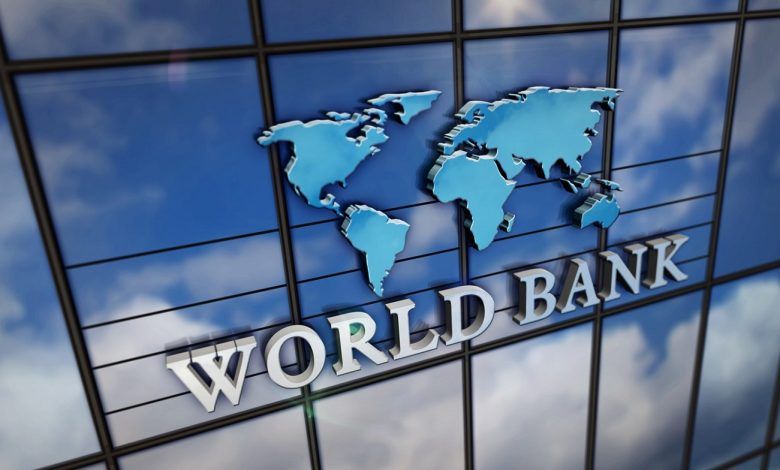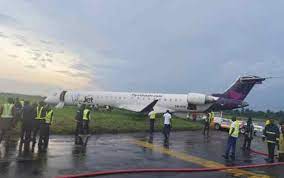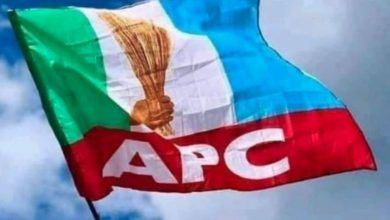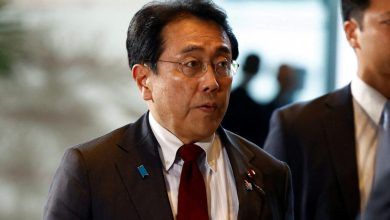
The World Bank has called on the Federal Government of Nigeria to issue a presidential directive increasing excise duties on “sin goods” alcohol, tobacco, and sugary drinks as a key condition tied to the disbursement of funds under its $750 million Accelerating Resource Mobilisation Reforms (ARMOR) Programme.
This requirement was detailed in the World Bank’s latest Implementation Status Report, which reviewed progress on the ARMOR programme that became effective in October 2024 and is scheduled to conclude by November 2028. According to the report, the release of at least $10 million hinges on the issuance of this directive.
As of May 2025, Nigeria has received only $1.88 million of the total loan—a mere 0.25 per cent despite reportedly meeting six disbursement-linked results worth $235 million, pending verification.
“A Presidential order increasing excises on ‘sin’ goods is in place,” the World Bank noted, adding that excise rates in Nigeria remain too low for meaningful fiscal impact.
Excise Tax Landscape and Planned Hikes
Nigeria already imposes duties on these categories:
- Tobacco: 30% ad valorem tax + rising per-stick rate (₦4.2 in 2022 to ₦5.2 in 2024)
- Alcohol: Specific per-litre rates + 20% ad valorem for wine and spirits
- Sugary Drinks: ₦10 per litre
- Telecom Services: A suspended 5% tax, now revived under the 2024 Nigeria Tax Bill
The Tax Bill 2024, approved by the Senate on May 8, 2025, reintroduces the telecom excise, raising the cost of calls, texts, and data. Operators warn this could stifle digital inclusion and consumer affordability, especially in an economy already facing inflationary pressures.
Originally introduced under the 2020 Finance Act and suspended by President Tinubu in July 2023, the telecom tax has returned as part of broader fiscal reforms aimed at stabilising revenue streams.
Missed Milestones and Delayed Reforms
Despite some progress, several reform-linked targets remain unmet:
- DLR 3.1 (Sin Tax Directive): Still pending
- DLR 3.2 (Revenue from Sin Goods): Incomplete due to stalled implementation
- DLR 3.4 (Green Taxes): No inter-agency consensus yet on excises for heavy vehicles or proposed carbon tax
The bank also highlighted delays in establishing Independent Verification Agents, which are critical to validating Nigeria’s claims of progress.
There are also bottlenecks around the Pioneer Status Industry Tax Incentive Scheme (DLR 2.2). Although a new draft bill was submitted in October 2024 to transition to an Economic Development Tax Incentive, the exclusion of the Ministry of Finance from the process and failure to pass the bill by the end of 2024 resulted in a missed target.
Slow Implementation Across Other Key Areas
The World Bank flagged slow or stalled implementation of several programme components:
- E-invoicing for VAT traders: Pilot system developed, but adoption yet to begin
- Data-sharing between FIRS and Customs: Still pending
- E-waste management strategy: Delayed
- Taxpayer complaint system & citizen engagement framework: Not operational
- Programme Coordination Unit staffing: Still incomplete
Progress in Non-Oil Revenue and Oil Transparency
On the brighter side, non-oil revenue has improved from 5.5% of GDP in 2023 to 8.4% in 2024, driven by:
- Elimination of FX subsidies
- Taxpayer education
- VAT withholding policies in telecom and banking sectors
The Federal Account Allocation Committee (FAAC) has approved a new template for NNPC revenue reporting, effective June 2025. This includes mandatory disclosures on:
- Domestic Crude Allocation
- Forward crude sales
- Outstanding liabilities
- Gas flare penalties
The new FAAC framework is part of DLR 9.3, now completed and awaiting independent verification. As a result, net oil revenues as a percentage of GDP rose from 1.8% in 2023 to 2.7% in 2024.





